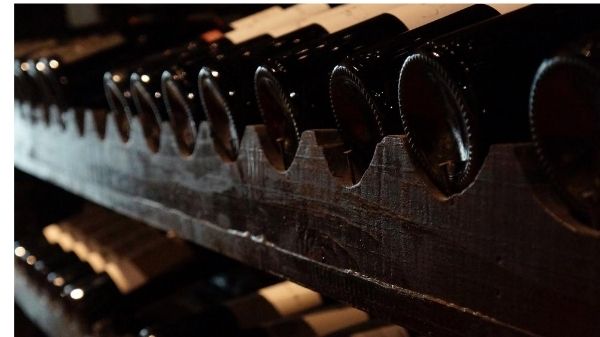
Why sustainable wines are worth pouring over
Hong Kong has always had a taste for great things whether it is great food or great wines. Which is why the city remains as Asia’s largest wine market, after China. However, in recent years, there has been a growing concern that climate change poses as a threat to wine production, leading many wine makers to shift to sustainable wine making.

Conventional wine making as we know it today started in the 20th century when it introduced synthetic chemicals, such as pesticides and herbicides, into vineyards to maximize yield. Organic wine, on the other hand, puts more emphasis on growing grapes naturally with organic fertilizers and without the use of chemicals. But neither practices put great importance on waste management. In light of the growing concern of sustainability, many wine makers have made it a point to minimize green house gases produced in wine making by mitigating and reducing unnecessary waste that is produced in the process.

However, sustainable wines are difficult to regulate. Because of the different climates in each wine making region, it becomes difficult to set a global standard for sustainable wine. Although there are various certifications that set a standard for different wine production practices, the certifications are based on contrasting principles. While some certifications regulate holistic practices of wine making, some may regulate only vineyards but not winery facilities. For example, although bio-dynamic wine makers grow their grapes organically, their wines are not necessarily considered organic wines due to the amount of sulfite included in wine ageing. Regardless of the variables, sustainable wine makers are ultimately concerned with water and wildlife conservation, and the use of green facilities and transportation in reducing green house gases and managing waste.

In any way wine is produced, its quality would depend on various factors from the region of where the grapes are grown, soil quality and the complex wine making process of fermentation and ageing. Sustainability adds to the narrative of how the wine was produced, giving consumers a better understanding of the product. What makes wine “good” may differ from the complexity of flavor profiles that wine connoisseurs seek to the ethical practices that was involved in production. Nonetheless, sustainable wine makers add to the market options for businesses and consumers who prefer to adjust to sustainable habits, and as the significance of climate change garners more attention, so will sustainable wine.








